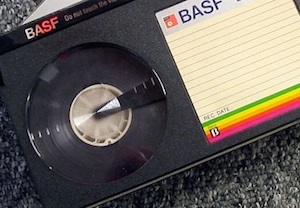Five consumer technology challenges will decide who owns the future

The innovation capital of Earth is Las Vegas for the coming week, as hundreds of thousands of technology makers and breakers, and buyers and sellers converge on the event formerly known as the Consumer Electronics Show. Most of what’s on display is as boringly mainstream as clock radios and console televisions were at the first CES in 1967.
But there will be a handful of technologies and prototypes amidst the chaos that will offer clues to what our world will be in 2067, and that’s what I’ll be looking for…
- New smartphone form factors – It’s an accident of history that networked, pocket-sized super computers are called phones.


![By France_cities.svg : Thomas Steiner Derivative work : Dsant (talk) Nnemo (France_cities.svg) [CC BY-SA 2.5 (https://creativecommons.org/licenses/by-sa/2.5)], via Wikimedia Commons](https://www.tellusventure.com/images/2015/11/level3_france.png)


![By Evan-Amos (Own work) [Public domain], via Wikimedia Commons](https://www.tellusventure.com/blog/images/2014/11/sugar_daddy.jpg)



